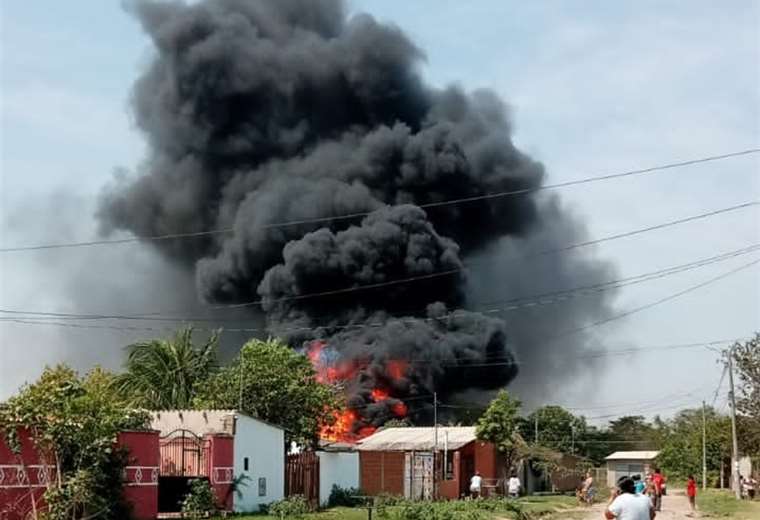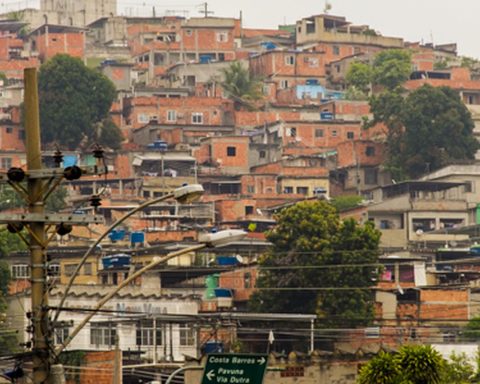The Eurozone has already entered a recession due to the sharp rise in energy prices and it will be in such a situation until the end of this year, according to what a group of economists from the Swiss bank UBS affirmed on Thursday.
The economy of the 19 countries that use the euro will fall 0.1% in the current quarter and 0.2% in the last three months of the year, according to estimates by specialists in a report sent to their clients and released by the Bloomberg news agency.
Despite entering a recession -which they describe as “shallow”-, the Eurozone would end the year in positive thanks to a good second quarter that registered growth of 0.6%, and it would pick up again next year.
Specifically, by 2023 an expansion of 0.8% is expected, instead of the 1.2% that UBS originally forecast.
“Given the prospects of further increases in energy prices -particularly in Germany- that will imply greater pressure on household consumption and fixed investment, and the marked drop in the purchasing managers’ indices (PMI) of July and August; now we anticipate that the Eurozone will suffer a technical recession in the last two quarters of the year”, detailed the group led by Reinhard Cluse, chief economist for Europe at the financial institution.
The specialists clarified that the calculations are optimistic since they foresee a hypothetical case where natural gas prices will continue to grow but where, at the same time, a shortage scenario is not contemplated.
Should rationing be necessary, “the economic damage is likely to be much worse,” they warned.
The data coincides with those estimated by Morgan Stanley economists who foresee a greater than expected contraction since the fourth quarter.
“We now see a more protracted impact from this energy crisis into next year as we estimate high prices and supply uncertainty to persist well into winter 2023-24,” Wall Street bank analysts said. Street although, at the same time, they stressed that they still expect “a recovery, after this phase, which will be driven by a rebound in private and public investment.”
For now, the data suggests that Europe will not experience a winter of rationing.
Bookings
The Commissioner for the Internal Market, Thierry Bretonconfirmed this Thursday – in statements broadcast by the DPA news agency – that the plans to achieve a goal of gas reserves of 80% of the storage capacity in each country of the European Union is on track, and indicated that the average among the 27 countries of the bloc is currently 76.92%.
In accordance with the regulations approved by the States, the reserves of each country must exceed 80% this year and 90% in the following seasons: France (90%), Spain (82%) and Germany (80%) have already managed to exceed the goal for this winter.
Until now, the governments of the continent have concentrated their efforts on increasing subsidies, eliminating taxes on energy or granting bonuses to mitigate the impact of the rise in electricity bills.
However, governments are beginning to find funding limits and, with the possibility of further gas supply cuts by Russia –which until before the war represented 40% of imports -, they find no alternative but to ask the population to begin to reduce their consumption.
Spain is an example of the latter: the government of Pedro Sánchez ordered that the interiors of shops may not place their heating below 27 degrees in summer, or beyond 19 degrees in winter.
Similarly, in Germanythe administration of Olaf Scholz banned heating in swimming pools.
But beyond these cases, at the moment most governments are calling on people to save voluntarily.


















